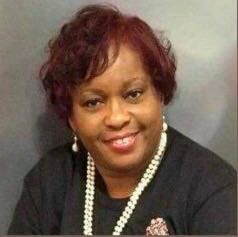
Happy New Year! As we are starting our journey into 2024, we not only begin to reflect on our unproductive actions, but we also consider the actions we took that led to great results, which we want to continue. A recent survey of 2,000 individuals conducted by OnePoll, an international marketing research agency, found that 55% of Americans feel that making New Year’s resolutions is an outdated practice. Out of the individuals who voiced this opinion, 65% were Millennials. Some of the reasons given for giving up on the idea of New Year’s resolutions were: feeling pressured, the lack of lasting impact that resolutions have, and feeling like keeping resolutions is a chore.
On a personal level, we know that when certain New Year’s resolutions aren’t kept, we may experience hopelessness, low self-esteem, and even depression.
Setting goals and intentions can be an alternative to New Year’s resolutions. Many of us are familiar with setting goals, and we may have learned that the most effective goals are specific, measurable, achievable, realistic, and time limited. There is still a fine art in crafting goals that meet this criteria, and having someone to give feedback can be valuable. However, there is less familiarity with setting intentions.
An intention is an idea or something we plan to do or achieve. The process of setting intentions is focused on mindset and habits that stem from what we value, and it’s grounded in self-discovery, self-compassion, and flexibility. A great outcome from setting intentions is that it can be the preliminary groundwork for setting goals that we feel more connected to.
Here’s some tips for setting intentions that align with your goals:
Everett, A. (2023, December 27). New Year’s resolutions: Building Good Mental Health Habits. SAMHSA. https://www.samhsa.gov/blog/new-years-resolution-building-good-mental-health-habits
https://www.therapistaid.com/worksheets/values-clarification


Thomasina is a clinical assistant professor and social work field liaison in the Social Work Department at the University of Wisconsin-Milwaukee and co-founder of Black Clinicians Milwaukee. She earned her MSW from the University of Wisconsin-Milwaukee while participating in the Title IV-E Child Welfare program and completed post graduate certificates in Trauma Counseling and AODA Clinical Supervision. She is a licensed clinical social worker responsible for teaching field seminars and overseeing field placements for community based-mental health and substance abuse treatment programs, outpatient clinics, and medical settings. Thomasina serves on the WISE Ex. Committee.